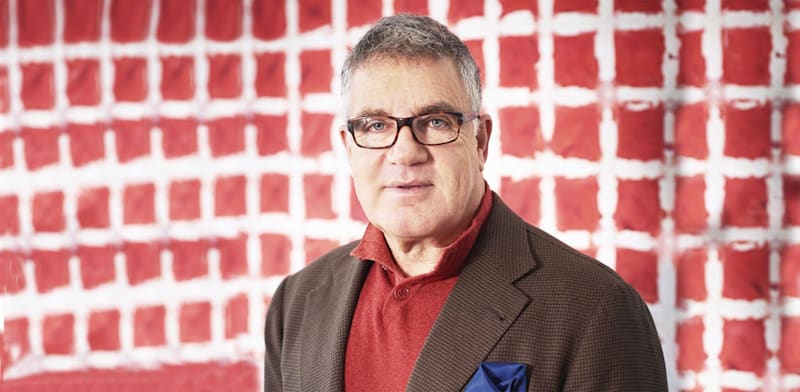ARTICLE AD BOX
The division is based on Korean company Kokam, which SolarEdge acquired six years ago for $88 million.
SolarEdge (Nasdaq: SEDG) is closing its Energy Storage division, which is based on Korean company Kokam, acquired by SolarEdge six years ago for $88 million. The closure of the business will affect about 500 employees (12% of SolarEdge’s workforce), most of them in Korea, at the Sella 2 factory, named after SolarEdge’s founder, the late Guy Sella. The move will not affect employees in Israel. The company has already carried out two rounds of layoffs this year, cutting 1,300 jobs, 750 of them in Isreal.
RELATED ARTICLES
SolarEdge will recognize pre-tax costs of $81-99 million for the closure of the factory in the fourth quarter of this year and the first quarter of 2025. Future cash payments relating to the closure will amount to $38-46 million, mainly consisting of severance pay.
SolarEdge, headed by interim CEO Ronen Faier, has been coping with significant changes in the market in which it operates in the past year and a half, which have had a deleterious effect on its results and sent its share price tumbling.
The division being closed contributed $45 million to SolarEdge’s revenue in the first nine months of 2024, which compares with $52.5 million in the corresponding period of 2023, and made a loss of $113 million, more than double the loss in the corresponding period.
The company’s market cap is $793 million, following a recovery from the low it reached earlier this month, but still a fraction of the $19 billion market cap at the peak three years ago. "Globes" recently reported that the company was looking for a sub-tenant for the new campus being constructed for it by Azrieli Group at Glilot, between Tel Aviv and Herzliya.
Closing the Energy Storage division is intended to strengthen SolarEdge’s financial position as it attempts to regain profitability and a positive cash flow. "The decision to close our Energy Storage division was the result of a thoughtful analysis of our portfolio of businesses and product lines, industry trends, and the competitive environment," Fauer said. "The measures also represent continued execution of two of our main priorities: financial stability through cost reduction, return to cash flow positivity and profitability; and focus on our core business lines of solar, PV-attached storage and energy management capabilities."
Published by Globes, Israel business news - en.globes.co.il - on November 27, 2024.
© Copyright of Globes Publisher Itonut (1983) Ltd., 2024.

 4 weeks ago
70
4 weeks ago
70








 English (US) ·
English (US) ·